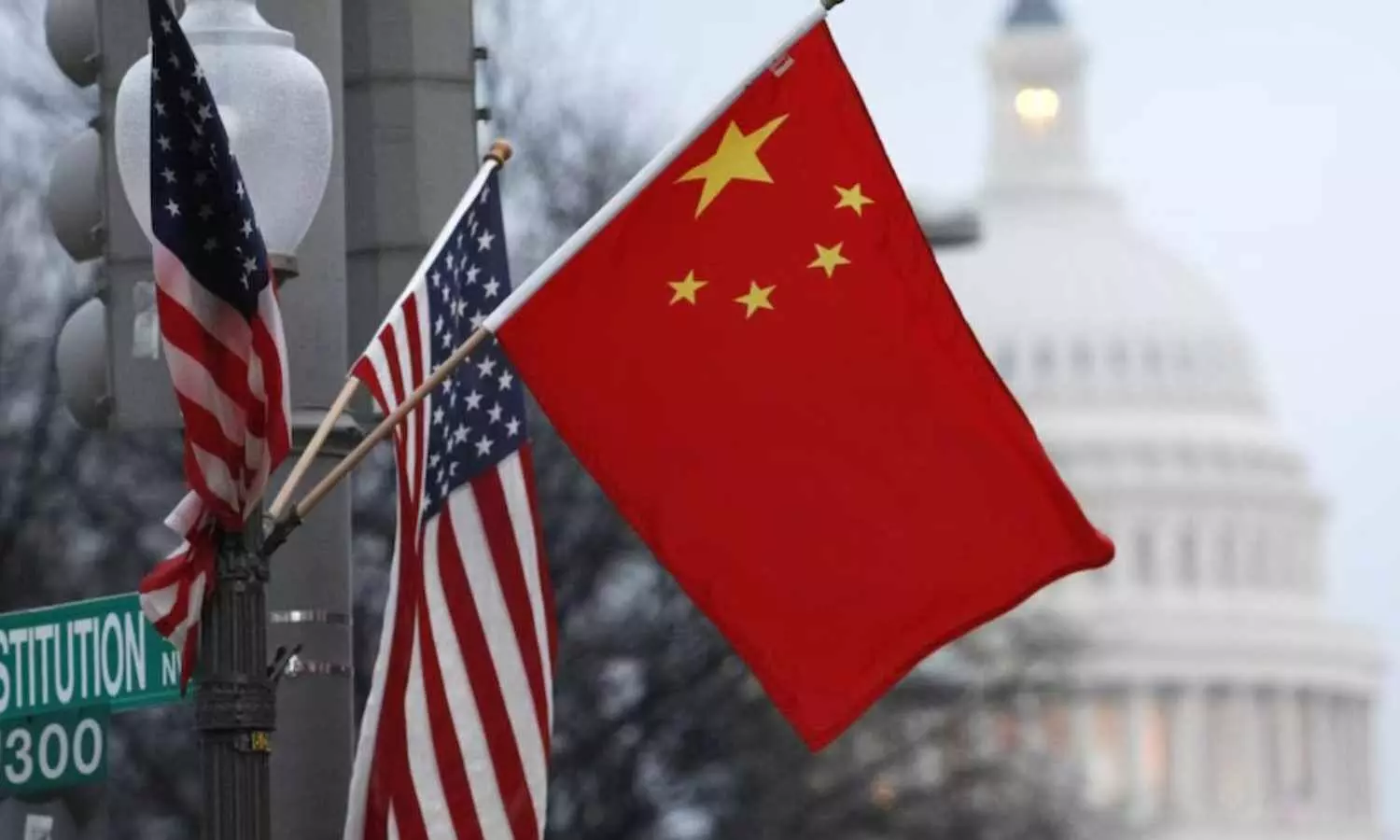China Responds to US Tariff Measures, Dismisses 'Tariff Game'
Beijing responded to the White House announcement that Chinese exports may be subject to tariffs as high as 245 percent.
China Responds to US Tariff Measures, Dismisses 'Tariff Game'

US China trade news: China’s Ministry of Foreign Affairs declared it will dismiss Donald Trump’s so-called “tariff numbers game” because the White House proposed Chinese exports will face tariffs up to 245 percent.
The White House rolled out updated tariff rates earlier this week, sharing the details in a newly released fact sheet.
Trump's new 125 percent tariff and previous 20 percent tariff implemented against Beijing for insufficient fentanyl export control and possible additional Trump tariffs ranging from 7.5 percent to 100 percent were detailed in the fact sheet following national security reviews under the Trade Act of 1974.
The Ministry of Finance previously stated that Trump’s escalating tariffs had lost all US China trade relations and called them a “joke” before Beijing echoed this sentiment on Thursday.
While China has set tariffs on US products at 125 percent Beijing has enacted additional non-tariff sanctions which include restricting Hollywood film distribution.
Experts warn that without tariff reductions Trump's trade barriers will cause most US China trade war to cease because of the steep cost increase. President Trump praises advancements in trade discussions with Japan while market stocks experience turmoil due to uncertainty.
According to the World Trade Organization's Wednesday report global trade volumes will fall by 0.2 percent in 2025 given existing conditions which amounts to a decrease of nearly three percentage points compared to the low-tariff baseline scenario.
The World Trade Organization warned that paused reciprocal tariffs from Trump might cause global goods trade to fall by 1.5 percent and damage export-reliant least-developed nations.
UNCTAD trimmed its 2025 global growth projection from 2.5% to 2.3%, cautioning that such low levels are usually linked to recession risks worldwide.

